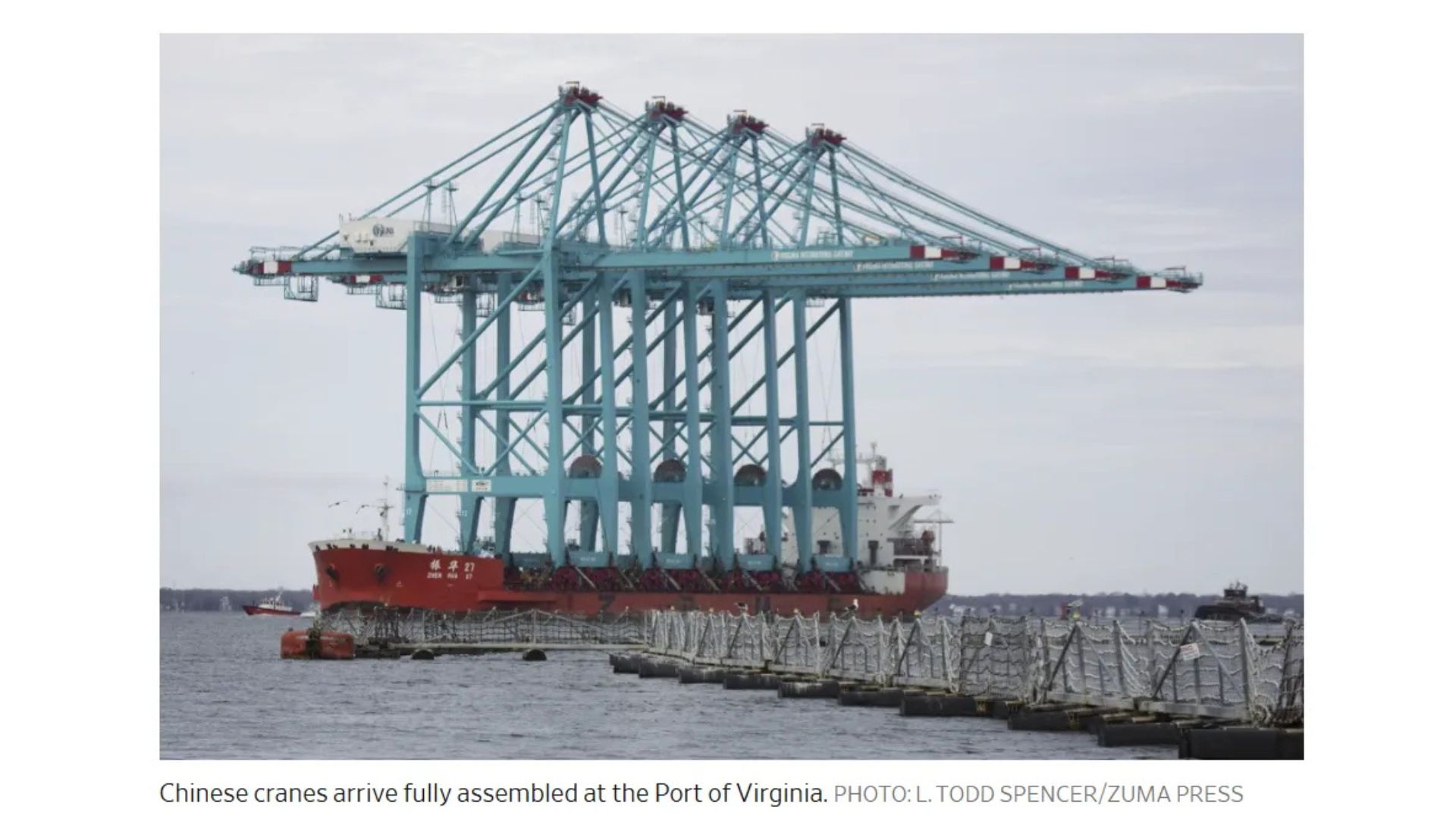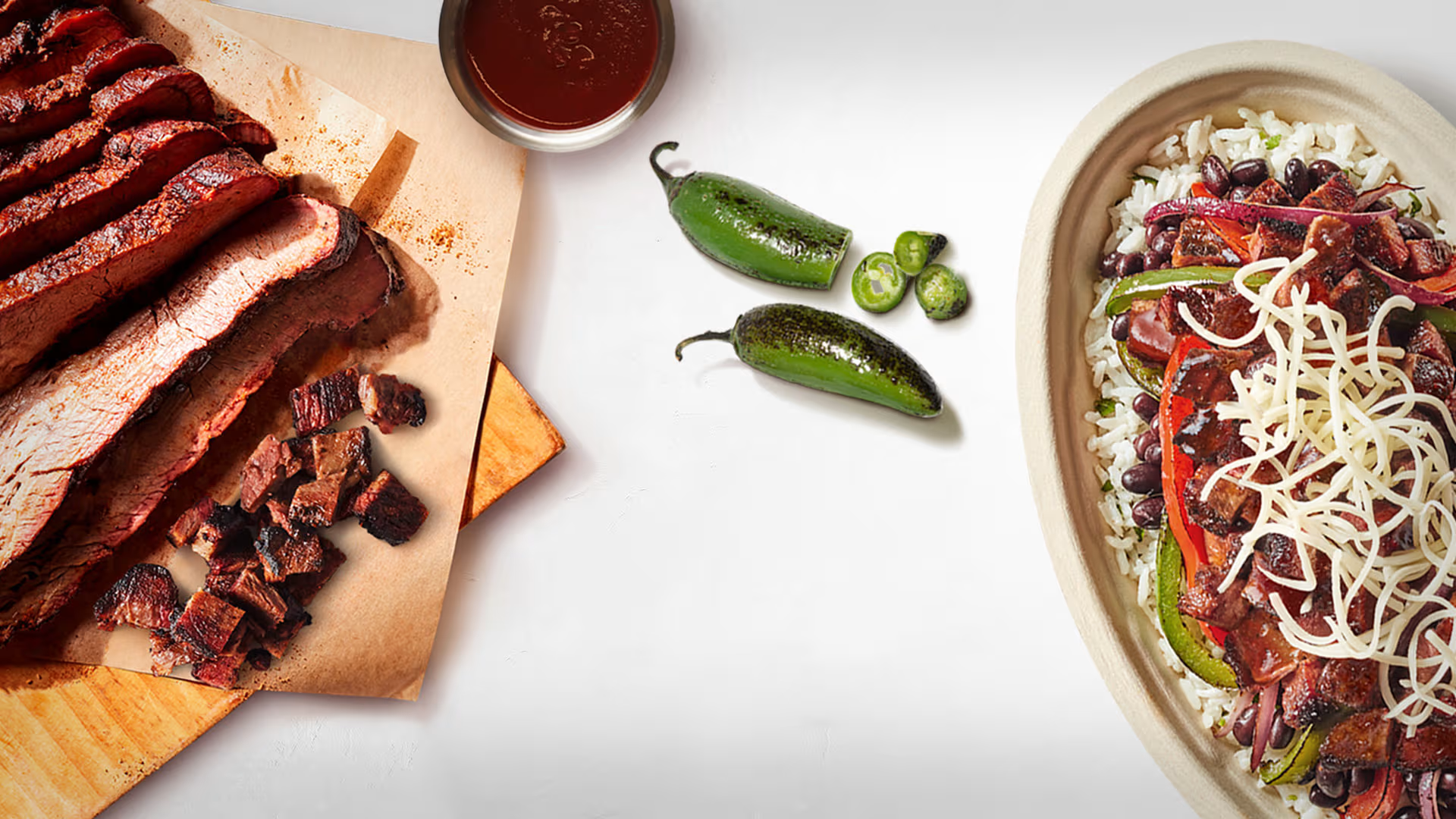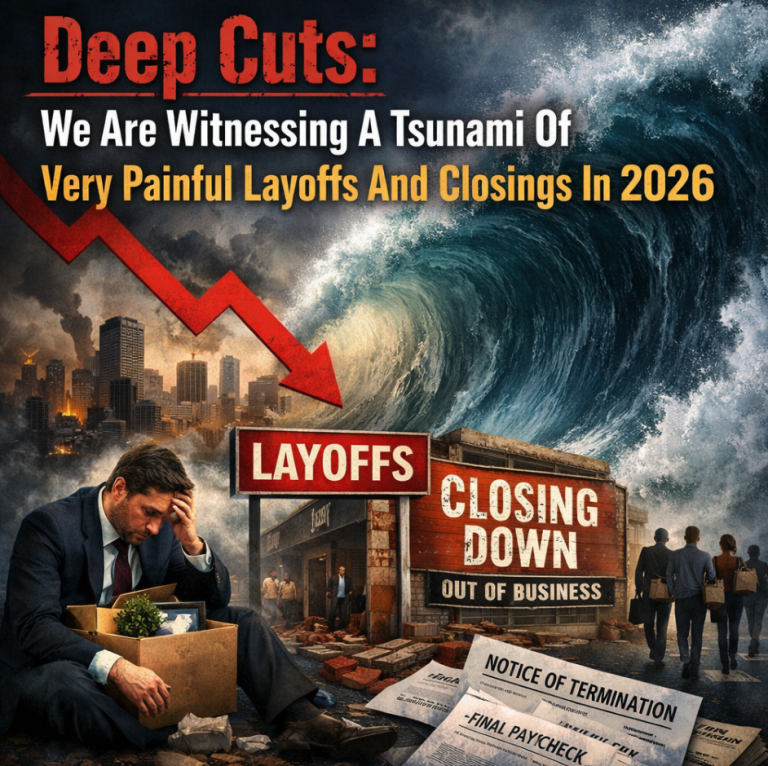Proposed tariffs up to 100% on Chinese cranes could significantly raise port upgrade costs.
An Appeal for Tariff Delays
In a move that will likely fall on deaf ears, U.S. Ports Appeal for Delay to Tariffs on Chinese Cranes
The administration is proposing tariffs of up to 100% on Chinese-made cranes and other cargo-handling equipment as part of broader efforts to counter China’s dominance of the maritime industry. Shipping industry officials say the fees would be stacked on top of 25% tariffs on Chinese-made cranes introduced under the Biden administration, and in addition to China duties being considered by Trump’s trade team.
Ports and the private companies that operate marine terminals say the fees would penalize cargo gateways that ordered cranes long before the tariffs were being considered, and don’t account for the scarcity of cranes made outside of China.
China’s Shanghai Zhenhua Heavy Industries, known as ZPMC, accounts for nearly 80% of ship-to-shore cranes at U.S. ports, dwarfing competitors such as Finland’s Konecranes and Germany’s Liebherr.
Carl Bentzel, president of the National Association of Waterfront Employers, said he has visited the White House several times to urge senior administration officials to give ports more time to find alternative sources for cranes.
“They said, ‘We’re going to put penalties as high as necessary to ensure you don’t buy equipment from China,’” Bentzel said. “But we need some level of transition.”
China produces more than 70% of the world’s ship-to-shore cranes, according to the U.S. government. Chinese cranes are popular because they are plentiful and cheap. Shipping industry officials say the average cost of a Chinese ship-to-shore crane is about $15 million, several million dollars less than the lowest-price competitors. They say there are no domestic alternatives and that smaller overseas manufacturers wouldn’t be able to meet demand if U.S. ports pivoted to manufacturers outside of China.
Charlie Jenkins, chief executive of the Port of Houston, testified at a USTR office hearing earlier this year that, based on discussions with crane makers, it would take about a decade to develop sufficient crane manufacturing capacity in the U.S. Jenkins said that over the next six years his port needs to order 22 cranes with a potential tariff liability of $100 million.
It can take up to two years to fulfill a crane order. Port operators are asking the administration to provide tariff exemptions for cranes ordered before the end of 2024. They are also asking the USTR’s office to delay imposing levies on new crane orders for three years to give time for crane manufacturing to develop in the U.S., or for manufacturers in allied countries to expand production.
The USTR’s office decided earlier this year that starting in mid-October the U.S. will impose fees on owners and operators of Chinese-built ships that call at U.S. ports.
The trade representative’s office is also considering imposing fees on foreign-built car-carriers that call at U.S. ports. The proposal is opposed by ocean-shipping trade groups. The U.S. Chamber of Commerce warns the fees could reduce vehicle availability and add $300 to car prices.
Proven Immunity
Trump has proven immunity to common sense and understanding intelligent economic arguments.
And he is stupid enough to believe that China will pay these tariffs.
So it’s hard see how these port pleas are going anywhere.
Related Posts
July 9, 2025: Trump Slaps Brazil With a 50 Percent Tariff Over Treatment of Political Ally
The tariff Bizarro World gets more bizarre.
July 10, 2025: Letters Show Trump Sticks With Ridiculous Definition of Reciprocal Tariffs
Let’s review Trump’s definition of reciprocal tariffs and his new announcements.
July 10, 2025: Canada Adds 70 Percent More Port Capacity to China to Escape Trump’s Tariffs
Credit Trump for pushing Canada closer to China.
And China gets more crane orders from Canada too.
This post originated on MishTalk.Com
Thanks for Tuning In!
Mish







